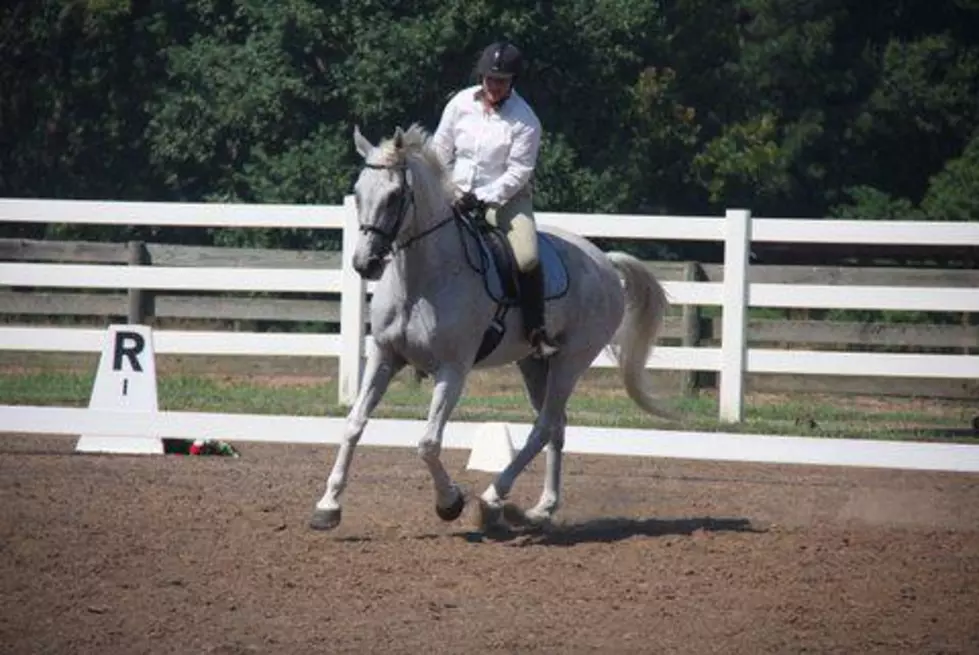
10 Tips Guaranteed to Turn a Beginner Hunter into an All-Star Hunter

New to hunting? Then you've come to the right place. Every type of game and terrain requires a different strategy, and a different set of skills. There is an awful lot of knowledge and advice out there about this sport, and plenty of people who love to hunt. You can improve you hunting abilities, and learn how to stay safe, by joining a hunting club (just look online), making friends with hunters, and learning from the seasoned pros. With that in mind, here are 10 general tips to help you get the most out of your time in the wild.
Know Your Weapon and Your Game
Different kinds of animals require different kinds of weapons and ammunition. If you are new to hunting, one of the best ways to learn about guns is to take a weapons training course. You wouldn’t hunt a bear with a shotgun meant for ducks, loaded with a #2 shot, just like you wouldn’t want to go after a large bear with a scatter gun. That would only make the bear very mad and ruin your day, if not your life. Take a class and learn how to shoot. Talk to other hunters and learn what kind of gun and ammunition they prefer, how they pattern their guns, and any tricks they are willing to share. If you plan on using a bow, then practice and practice some more. Know your prey, your weapon, and what you can and can’t do with both.

Get a Good Knife for Field Dressing Your Kill
Assuming you have landed your mark and taken an animal down, you now have to deal with what’s left. A good field knife, and knowing how to use it, is paramount. This is even truer for bigger game. You’ll want to drain the blood from the animal as quickly as possible, to keep bacteria at bay, and make the game easier to transport. You’ll have to decide if you want a fixed or folding baled. A good quality blade, around three-to-four inches in length, will require less maintenance, and keep its edge longer. If you intend to use your knife for breaking large bones (instead of a small hatchet), you’ll want a very durable blade as well. A comfortable knife grip with finger grooves will let you hold onto the blade in the rain, and when slippery blood from the animal you’re dressing runs down the handle. Some knives come with gutting hooks, which can be convenient, but can also become a little cumbersome while working inside the animal. A small and separate gutting hook is a good item to carry along with you, in addition to a solid knife.

Always Get an Early Start
A lot of game tends to be active in the early morning and at dusk. Hunters who get out into the forest, the marshes, or wherever they happen to be ranging early, will reap all kinds of benefits. Yes, it’s hard to get up before dawn for some people, but if you do, you’ll be one of the first hunters on the spot. You’ll also have plenty of daylight ahead of you, in case your luck isn’t that great, and you need some more time to bag an animal. There will be time for a longer rest in the afternoon, as well. By getting up early, you’re giving yourself the entire day, which can make all the difference in a successful hunt. Of course weather, and specific animal behavioral patterns also play into the time of day you'll most likely find some prey, but an early start is usually advisable, although opinions do vary some.

Mask Your Scent and Watch the Wind
Most animals smell a heck of a lot better than people do. There are several ways your can mask you scent, so your prey doesn’t smell you coming from miles away. Before you even venture out into the wild, make sure you use a scent-free soap and shampoo when you shower. Don’t put on cologne (not even a drop), or any scented deodorant. Scent-control clothing, which makes use of carbon activated by heat, is also another way to mask you smell. Fields sprays can eliminate the ‘human’ scent that tends to scare off animals. Be sure to spray your clothes and your gear before you set out on a hunt.

Stop the Chatter
Be as still and as quiet as possible. While hunting can be a wonderful social activity, and a great way to bond with your friends, you need to keep fairly silent while in the forest, meadow or other natural areas where your game resides. Lots of movement and chatter will scare away your prey, or at the very least alert them to your presence. You can swap stories with your buddies in the bar later, after a good day of hunting.

Shot Placement and Vital Zones
Different animals have different anatomy. After you’ve practiced with your weapon, and have improved your targeting, you need to know what parts of the animal to aim for in order to bring about a clean and successful kill. Wounding game and not bringing it down is a terrible outcome. You’ll feel bad about it, not to mention how the suffering animal will feel. Study charts and the vital zones of the prey you’re planning to go after, and know the physical structure of the animal intimately, which is also important when dressing your kill.

The Weather and the Time of Day
One of our tips was to get an early start. While this is true in many cases, this wouldn’t make sense, of course, if you happen to be hunting a nocturnal animal. As the seasons turn, animals take advantage of the change in weather, just like people do, and alter their feeding habits. Moonlit nights, rain, baking sun, snow and other weather patterns affect animal (and human) behavior. There are too many variables to list here, but weather and time of day are things you’ll need to take into account when planning a hunt. When in doubt, ask the local hunters about their opinion on the matter. They'll know more about the intricacies of the flora and fauna than you.

Learn About Various Animals Calls and State Regulations
Sometimes you can bring the prey to you. Hunting calls are the sounds that you make to attract animals closer to your vicinity. If you have a talent for voices and odd sounds, you might be able to learn how to make some hunting calls with your mouth, hands, a reed or a special mouthpiece. There are also devices you can buy that mimic various animal sounds and mating calls. Turkeys and other birds are famous for responding to calls, if the calls are done just right. There are also digitally recorded calls you can buy and use, although many states prohibit the use of electronic hunting devices. Best check up on the local regulations before you make use of electronic hunting calls. Many hunters believe prerecorded calls are unsportsmanlike. You’ve got to give the animals a fighting chance.

Read Up On Game, Equipment, and Trends
The hunting community is amazingly active, online and in your town, putting on conferences, seminars, training courses and other events. New technology is always becoming available, and hunting techniques and rules, as well as various hunting licenses, are often in flux, or at least up for some debate. Talk to as many people as you can, subscribe to news groups and head out to the shooting range and practice. Chat with folks about game, weather conditions and what’s working for them and what’s not. You’ll learn more that way than by staying home and reading guides and how-to books. It doesn’t matter if you’re wrangling fish, or after a big, fat moose. Get out there and make this a social activity.

Attend a Hunter Safety Course
There are dangers in the wilderness. Some come from the elements and the rugged terrain, while others come from the animals and even some of the hunters themselves. First aid, proper gear and hunting technique are all very important things to know and have when you’re away from civilization stalking your prey. A hunting safety course can teach you the basics of hunting, as well as the local legislation you'll have to respect, and most importantly, how to avoid trouble, or deal with trouble if and when it arises.


